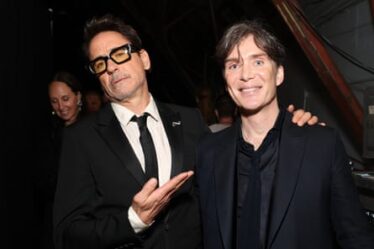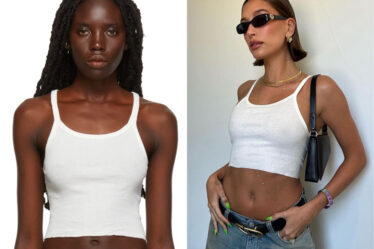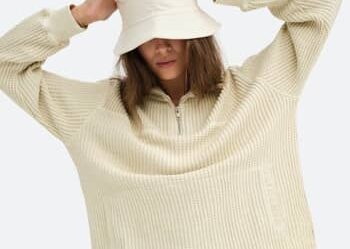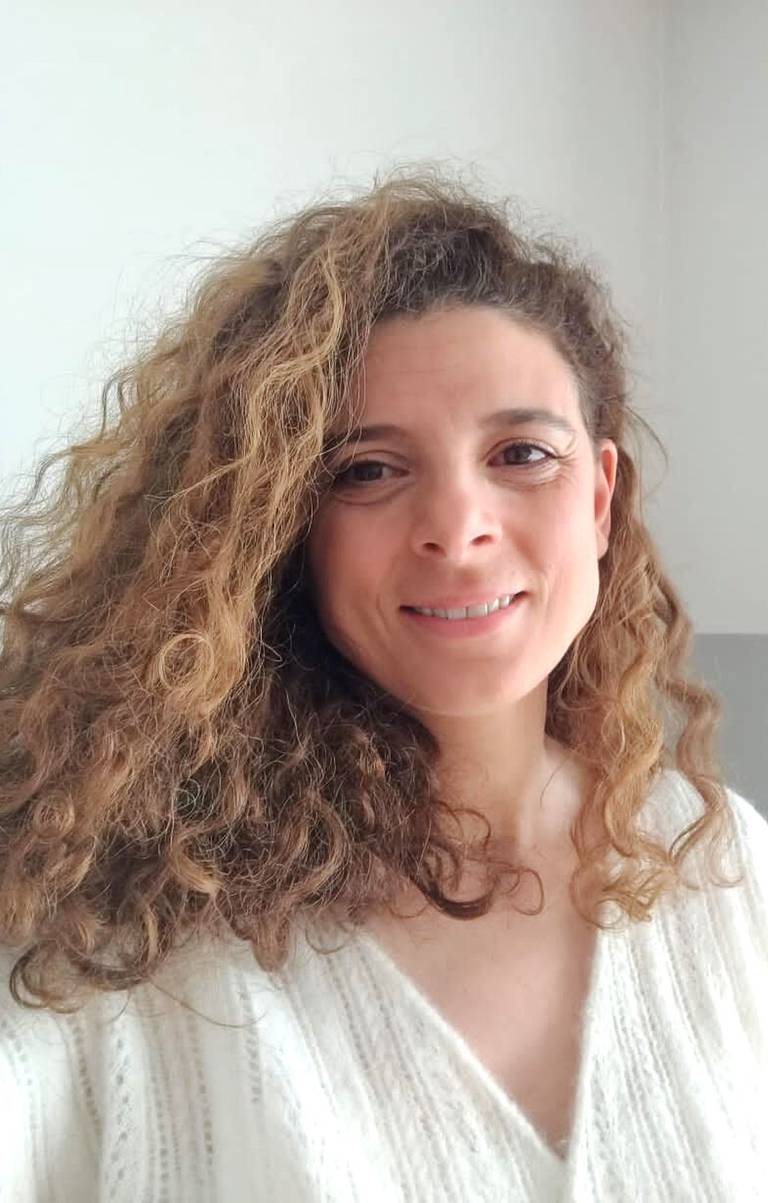
Micheline El Achkar studied agriculture and food technologies in Lebanon and Paris, as well as a master’s in technology and innovation management, before landing a training position for a joint venture between Nestlé and L’Oréal. Her first full-time role was at L’Oréal as a product communication assessor.
“I was not expecting to start my career like this, but it was an opportunity and I took it,” she says of her incidental move into beauty.
Fifteen years later, she has worked her way up to oversee the research and innovation team for luxury brands at the French cosmetics conglomerate.
Now, BoF Careers shares insights and actionable advice from last week’s event, Building a Career in Beauty with Micheline El Achkar.
How did your education and training prepare you for a career in beauty?
MEA: Food and cosmetics have chemistry in common. I was able to use two [transferrable] sets of skills — first, scientific and technical, chemistry and botanics, which was super helpful. Then, skills that [come from] all scientific education, such as problem resolution and in-depth analysis of technical situations.
When we graduate from college, we have a lot of theoretical knowledge, but it is very different from the daily industrial business. So I learnt a lot on the job. For my job in research and innovation, a [background in] science is mandatory, but there are a lot of jobs where other skills are in demand. Data science and digitisation can have interesting applications in beauty.
One big update is [the demand for graduates specialised in] sustainability and improving our environmental footprint — our key challenges in the beauty industry.
What qualities make a junior employee stand out to you?
MEA: People who are open-minded, have the capacity to listen, to learn from other people around [them] who have more experience […] and the capacity to build connections. Listen and capitalise on the experience of others — don’t think, “I would be able to find solutions by myself, I would be able to learn by myself.” This will not work at a first job or in the future.
What core skills are necessary for success in your field?
MEA: First, curiosity, because it’s an industry based on innovation — if there is no innovation, the industry cannot exist. Be the first to [challenge old ways of working] while considering the sustainability challenge and the digitalisation challenge.
Innovate, [but] not for the sake of innovation — innovate when it makes sense to the consumer, and you want to make a difference to what is perceived by the consumer. That’s real innovation.
[Then], the will and openness to learn; the capacity to challenge old ways of doing things; proposing new ideas; the capacity to connect with people, because the industry is very complex, with a lot of partners [who have] different skill sets. Finally, to be humble and listen.
How has digitalisation shaped your work and your team’s hiring needs?
MEA: Digitalisation is at the core of our way of working, [from making] formulations more efficient and targeted, [to] evaluating the product we are developing, [using digital] tools to evaluate colour.
Digitisation also exists at the end of the product development process. For example, [with the] Lancôme Shade Finder, you get a recommendation for the best shade of foundation we can offer based on [an] algorithm. So digitalisation has been integrated from the beginning of formulation until after the product is present in the market.
Data science and digitisation can have interesting applications in beauty.
[When hiring new employees,] on top of skills [regarding] formulation of colour experience, especially for makeup, we require new skills of digital tools and algorithm management.
How is sustainability integrated into your work?
MEA: My team is in charge of formula conception, where we have to take care of the sustainability of our ingredients and raw materials.
One of our obsessions is to integrate more bio-based ingredients into our formulas in order to improve our environmental footprint. This is done step-by-step — we are applying a progress strategy because we have to maintain our current performance, quality and safety [standards]. It’s done at all the levels at the L’Oréal Group, [from] formula to packaging to process.
How are career opportunities evolving in beauty?
MEA: Over the last 5 years at L’Oréal, we [have] created new jobs that didn’t exist before. [For example,] we have teams in charge solely of our sustainable transformation and innovation.
Listen and capitalise on the experience of others — don’t think, “I would be able to find solutions by myself, I would be able to learn by myself.”
There is a big change in the company [which] puts a lot of energy [on] upskilling to address this challenge. The next years in luxury makeup will be greener, [and] we will have a [stronger] link between digital tools and products.
What is the most rewarding part of your job today?
MEA: [Managing is] one of the best parts of my job. Today, my priority is to give my team a clear vision about where we are going [and] what outcomes are expected from them. Giving them projects that make sense, […] clear responsibilities, delegating [and] trusting. It’s important to empower teams and to keep them motivated to diversify their responsibilities.
Accepting errors is [also] very important. I always tell [my team] every problem has a solution. Problems can happen every day, […] so we find solutions and stay positive.
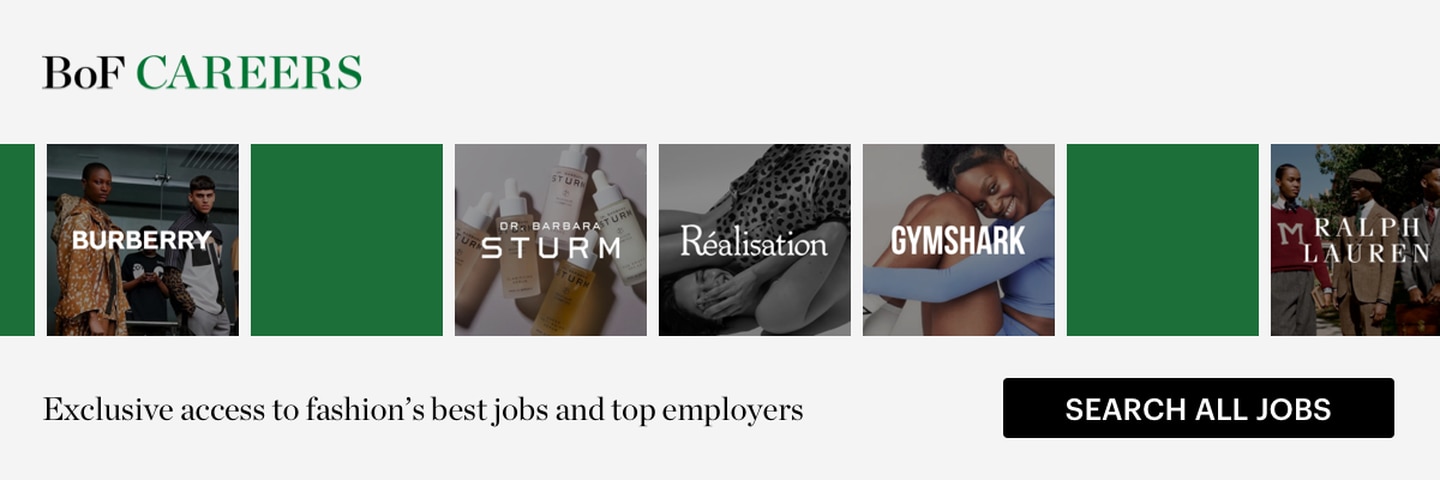
Disclaimer: This interview has been edited and condensed for clarity.

